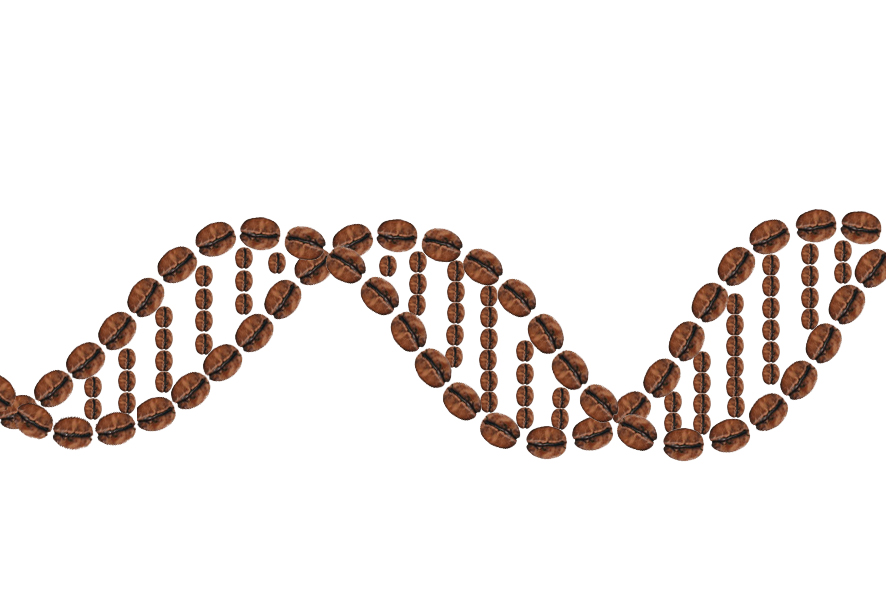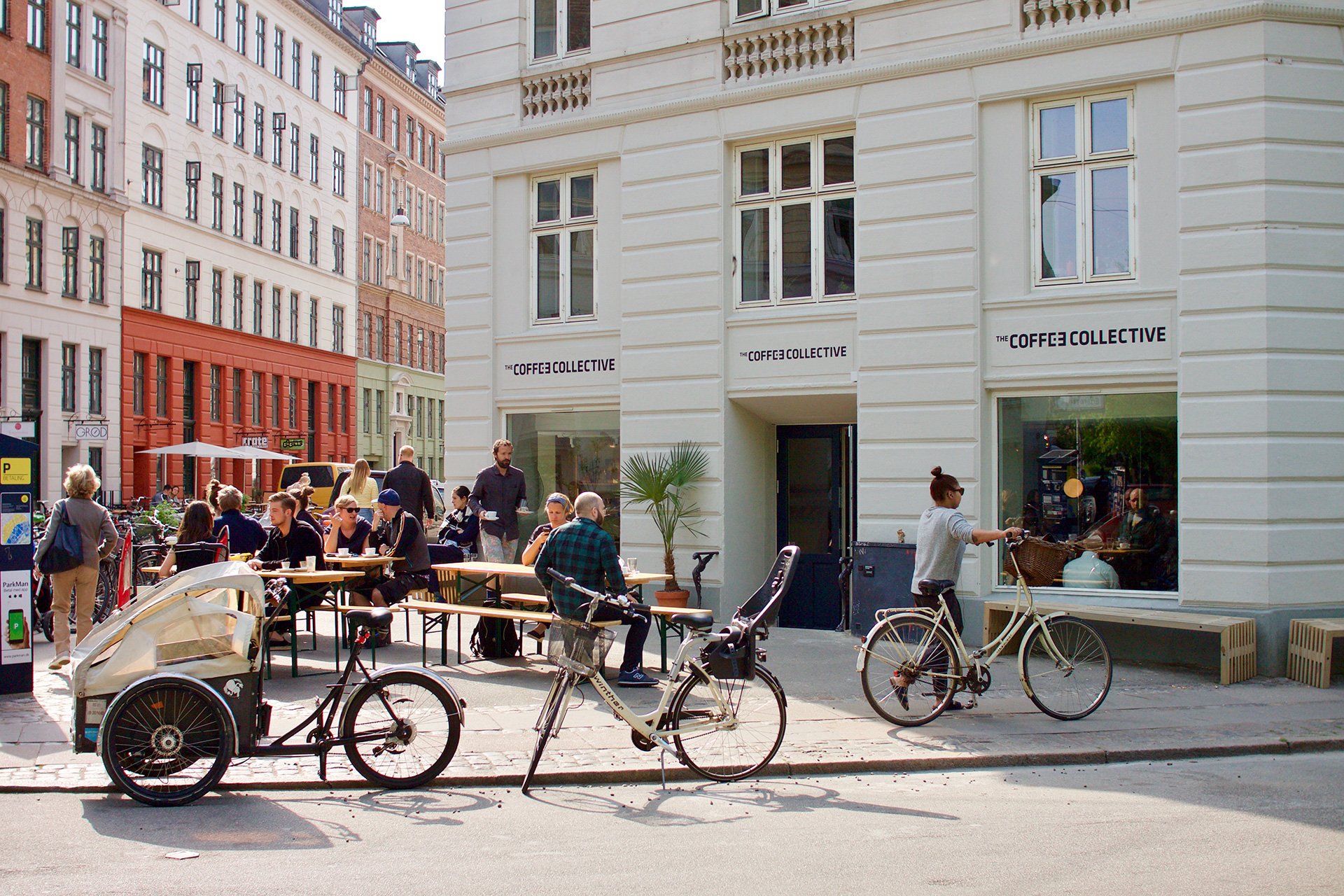The effects of genetics on coffee consumption have seen increased interest from researchers over the past few years. Turns out, some folks are just genetically predisposed towards the good stuff, much of it dealing with a certain variant of the CYP1A2 gene that controls how the body processes caffeine. And now, a new study dives a little deeper into the effect our genes have on coffee consumption and health outcomes, and they found a link between drinking coffee and things like obesity and substance abuse. But the relation between coffee and psychiatric disorders depends on where you live.
As reported by Neurosciences News, the latest study was performed by researchers from Western University in London, Ontario, and the University of California, San Diego, and was published earlier this month in the journal Neuropsychopharmacology. For the study, the researchers performed a genome-wide association study (GWAS) on 130,000 US-based individuals using data from 23andMe and 334,000 participants from the UK Biobank.
When comparing self-reported coffee intake and negative health outcomes like obesity, substance abuse, and psychiatric illnesses, cross-referencing them against participants’ genetic makeup, researchers found an across-the-board positive association between a person possessing a certain genetic variant and a greater likelihood of both consuming coffee and experiencing obesity and or issues with substance abuse. Lead researcher Haley Thorpe notes that someone who drinks coffee is going to abuse substances or develop obesity (nor does it establish any causal relation between them), rather that the genetic variants that predispose a person to drinking coffee are the same for the aforementioned negative health outcomes.
But when examining coffee and instances of psychiatric illness on a genetic level, the results weren’t quite as clear. For the US cohort, a positive relationship was established between coffee and increases in psychiatric illness. But for the UK group, a negative relationship was actually discovered. This, according to the researchers, points to environmental factors playing a role. One potential explanation, per Thorpe, could be how the two countries differ in views on coffee versus tea for instance, that there is “a trade-off between tea and coffee intake differing between people in the U.S. and the U.K.”
As with all association studies, a causal relation between certain gene variants and coffee consumption or health outcomes has not been established and will require further research to do so. Still, it’s food for thought. If you like drinking coffee, you may be inclined to indulge elsewhere in your life. Do with that information what you will.
Zac Cadwalader is the managing editor at Sprudge Media Network and a staff writer based in Dallas. Read more Zac Cadwalader on Sprudge.

























